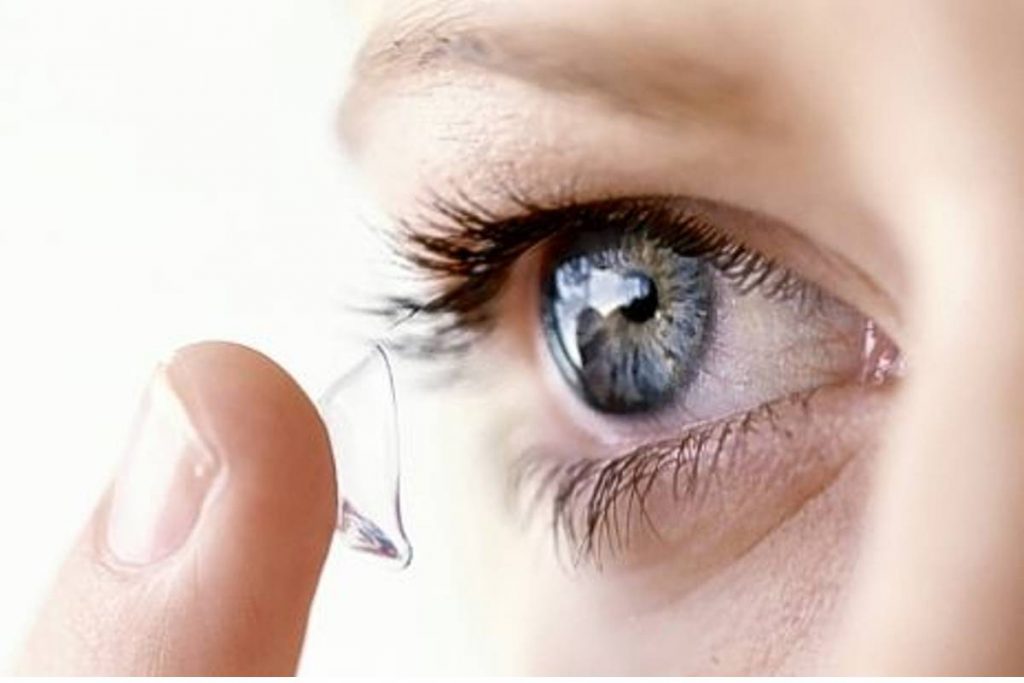Glasses Or Contact Lenses – What’s Right For You?

If the clearest part of your eye test was the fact that you’re in need of some optical aid, or even if you’re just pondering what you’d do if the time came, then one of the first things to cross your mind will likely be whether you should opt for glasses or contact lenses.
It’s a tough choice and one which is going to involve you opening your wallet either way, but we all want to get what’s right for us. With that in mind, here’s a selection of the pros and cons of each to help you in your decision.
Glasses
Pros
Because you don’t have to directly touch your eyes, glasses are less likely to breed bacteria. Similarly, eye irritation is rarer since glasses rest on your nose rather than your eyeballs.
Generally, we can also say that glasses are cheaper. Whilst it’s very possible to pay upwards of £300-£400 for a pair of specs, it’s also easy to get a pair for around £10. If you do choose to go for an expensive or designer pair then it’s likely you’re doing this at least in part to enhance your outfit, and this is another way in which glasses get the edge.
What’s more, cleaning and upkeep is generally quicker and less expensive, so monetarily glasses are often considered the better option.
Cons
The physical presence of glasses on the face can sometimes feel heavy and intrusive. You may find your face swamped by the frames and feel as though they’re detracting from your best features.
You might also find that your vision is impaired slightly more often with glasses – spectacles can steam up in temperature fluctuations and without a coating, the lenses may scratch and cause obstruction. Similarly, the distance between your eyes and the frames might mean that distortion can occur on rare occasions.
Contact lenses
Pros
Following on from the cons of glasses, the wearer is less likely to experience distortion through contacts as they are not affected by temperature and do not act as a barrier from certain angles.
A big advantage of contacts is that they can work out cheaper if the wearer is only planning on using them under certain conditions. Because they can be bought in daily disposables as well as for monthly wear some money can be saved by buying them only when needed, as opposed to glasses which require a larger upfront investment.
Cons
One of the biggest put-offs with contact lenses is putting them in for the first time – it can certainly be a challenge, especially if you have long fingernails, and you might well end up in front of the mirror poking yourself in the eye for half an hour.
As well as that, most contacts will come with recommended wearing times, and if you stray outside this too often you might find yourself with very dry and itchy eyes.
Daily cleaning with a solution is essential, and this is often considered a bit of a fuss compared to wiping over your glasses whenever they get dirty.
In the long run, regular wear of contact lenses is considered more expensive.
Also Read: Tips for Contact Lens Users of All Ages
